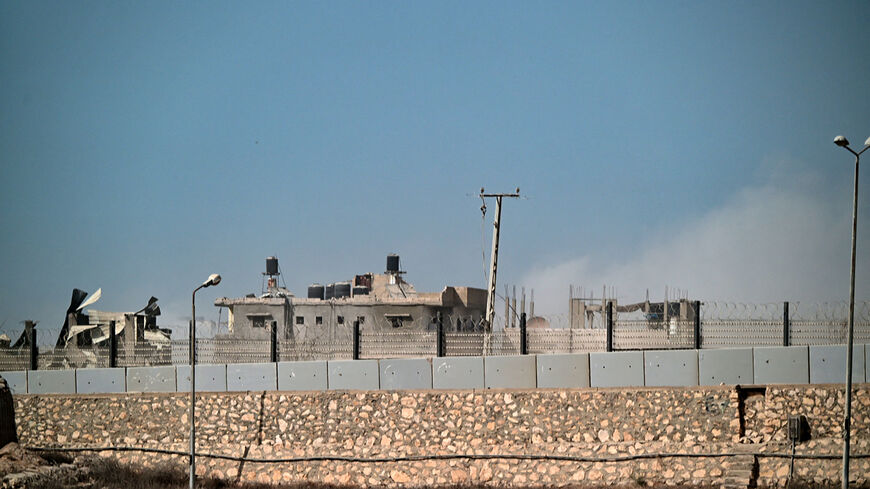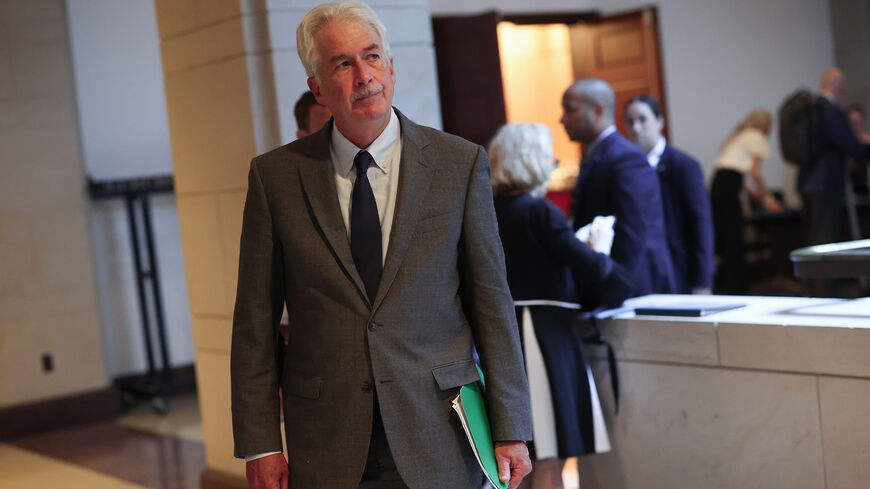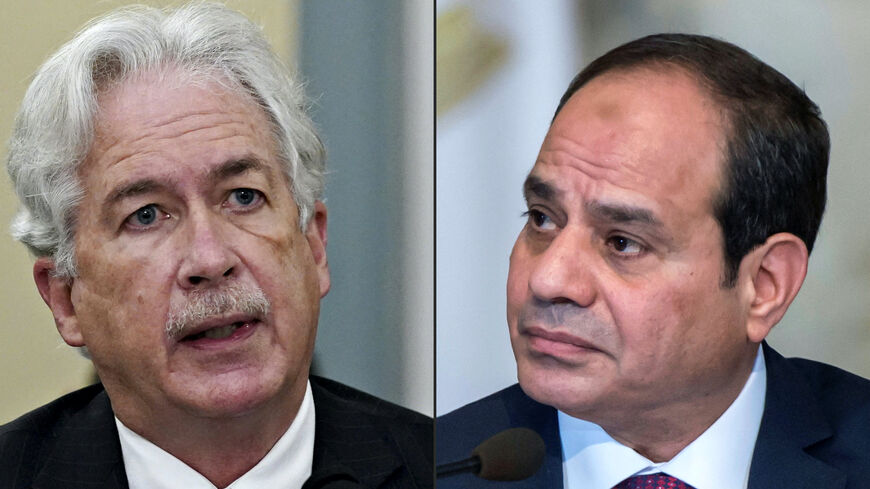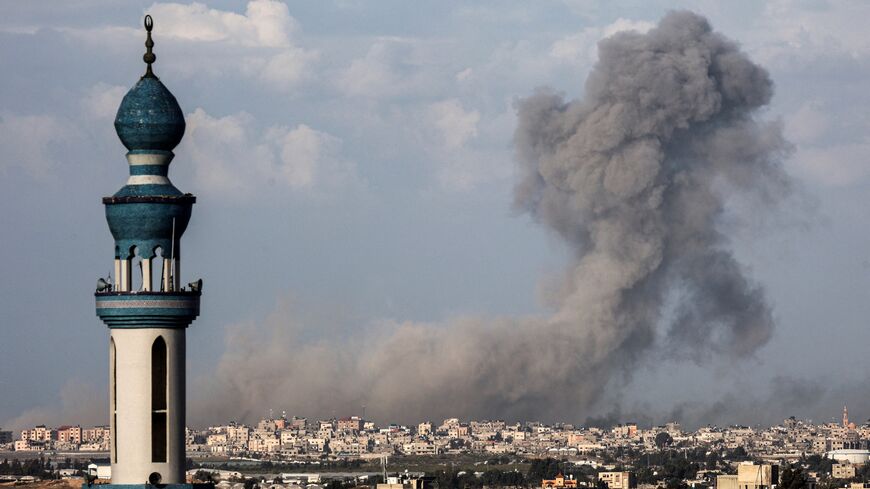Egypt, Qatar, US, Israel officials convene in Doha for Gaza cease-fire talks
The talks began in Cairo, days after Hamas said it would drop its initial demand for a permanent cease-fire.
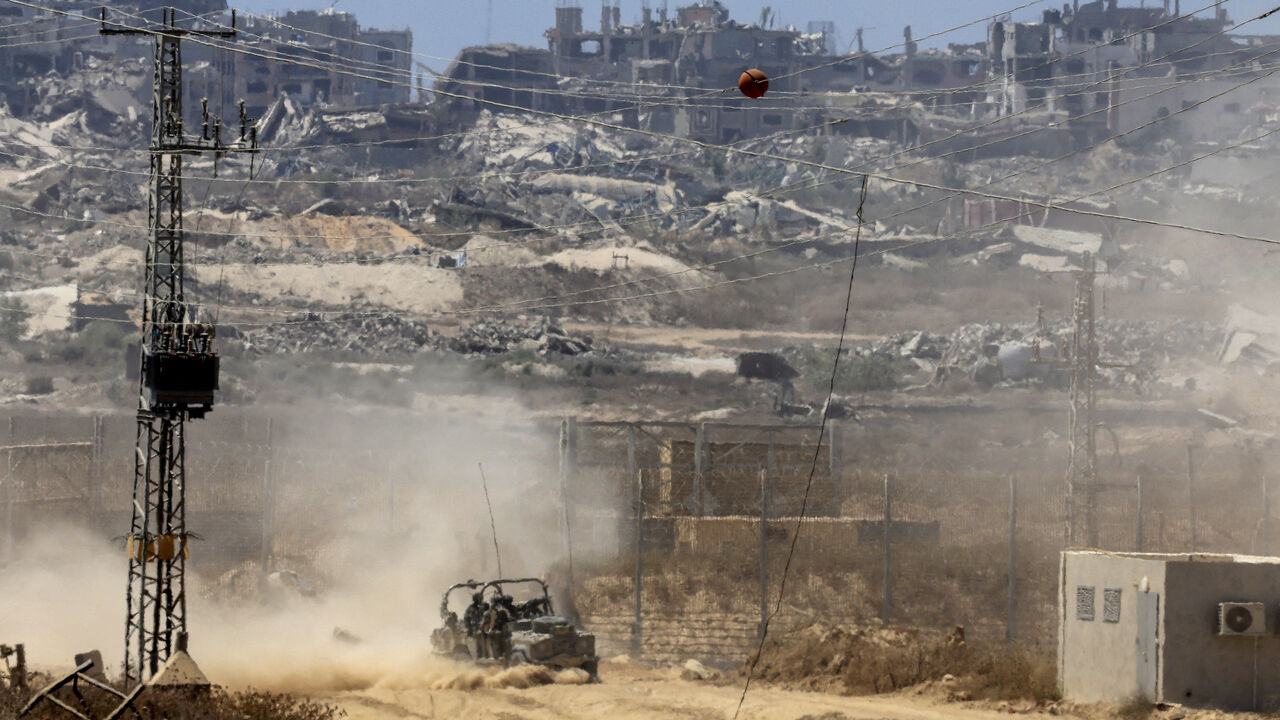
Officials from Egypt, Qatar, the United States and Israel are set to embark on a new round of talks on a Gaza cease-fire in Doha on Wednesday as the Israeli army steps up its military offensive in the Palestinian territory.
The head of Egypt's General Intelligence Service, Abbas Kamel, will lead the Egyptian security delegation in the Qatari capital, a high-level source told Egypt's state-linked Al-Qahera News on Tuesday.
CIA Director William Burns will also attend the talks, which follow a day of US-Israeli-Egyptian negotiations in Cairo, according to the same source.
Leading the Israeli delegation will be Shin Bet head Ronen Bar and Mossad chief David Barnea. Israeli public broadcaster KAN reported the Israeli military will be represented in the talks by Nitzan Alon, the Israeli hostage and missing persons coordinator.
The delegations are expected to meet with Qatari Prime Minister Mohammed bin Abdulrahman Al Thani, according to Kan.
The Egyptian source told Al-Qahera News the quartet meeting will aim to “bring viewpoints closer between Hamas and Israel to reach a truce as soon as possible.”
“There is agreement on many points,” the source was quoted as saying, adding that the talks will resume in Cairo on Thursday.
Burns and the White House’s top official for the Middle East, Brett McGurk, arrived in Cairo on Monday for a new round of talks, after Hamas dropped its initial demand for a permanent cease-fire.
A Hamas official and an Egyptian official told the Associated Press on Saturday that the Palestinian group has agreed to the cease-fire proposal President Joe Biden put forward last month.
According to the sources, the first phase of the agreement includes a six-week pause in the fighting, during which Hamas would release the elderly, sick and female hostages in exchange for hundreds of Palestinian prisoners and Israeli forces would withdraw from populated areas in Gaza and allow the displaced to return to their homes.
Hamas would release the remaining male civilians and soldiers during the second phase in exchange for more Palestinian prisoners. During the third phase, all remaining hostages, including the bodies of those killed during the war, would be released and Gaza’s reconstruction process will kick off.
The same officials said Hamas wants a permanent end to the war to be negotiated during the first phase of the agreement.
Another source from the group told Reuters Sunday that Hamas is waiting for Israel's response to its latest proposal. It remains unclear if Hamas will attend Wednesday’s talks in Doha.
Meanwhile, US State Department spokesperson Matthew Miller said that Hamas’ proposal shows there is “room for progress” to reach a cease-fire.
“We continue to work hard to pursue a cease-fire because of … the ongoing suffering in Gaza that we want to alleviate,” he said during a press briefing on Tuesday.
Burns and McGurk met with senior Egyptian and Israeli security officials in Cairo Monday. Bar was also in the Egyptian capital that day. No details of the talks have been made public so far.
Before taking off for Doha Tuesday, Burns held talks with President Abdel Fattah al-Sisi. He praised Egypt’s efforts to reach a cease-fire in Gaza and establish peace in the region, a statement from the Egyptian presidency read.
Sisi stressed during the meeting his country’s rejection of the ongoing Israeli military offensive in the Gaza Strip and reiterated his support for a two-state solution to resolve the Palestinian issue.
Sisi also called for the unimpeded flow of humanitarian aid into the enclave and for the Gaza war to be contained from spreading to the rest of the region.
For months now, Egypt, Qatar and the United States have been leading indirect talks between Hamas and Israel on a deal that would see a cease-fire in the Gaza Strip and the release of the remaining hostages held by the Palestinian group inside the enclave.
The mediators managed to secure a brief seven-day truce late last November, during which Hamas released a total of 110 hostages and 240 Palestinian prisoners held in Israeli jails were freed.
The Israeli army began its offensive on the Gaza Strip on Oct. 7, 2023, in response to Hamas’ unprecedented cross-border assault that killed nearly 1,200 people. Hamas militants also took over 240 hostages during their attack.
The nine-month war has so far killed more than 38,000 Palestinians in Gaza, mostly women and children, according to the Hamas-run Health Ministry there. Over 88,000 others have been injured and nearly 1.9 million people have been displaced as the humanitarian conditions in the enclave are quickly deteriorating.

